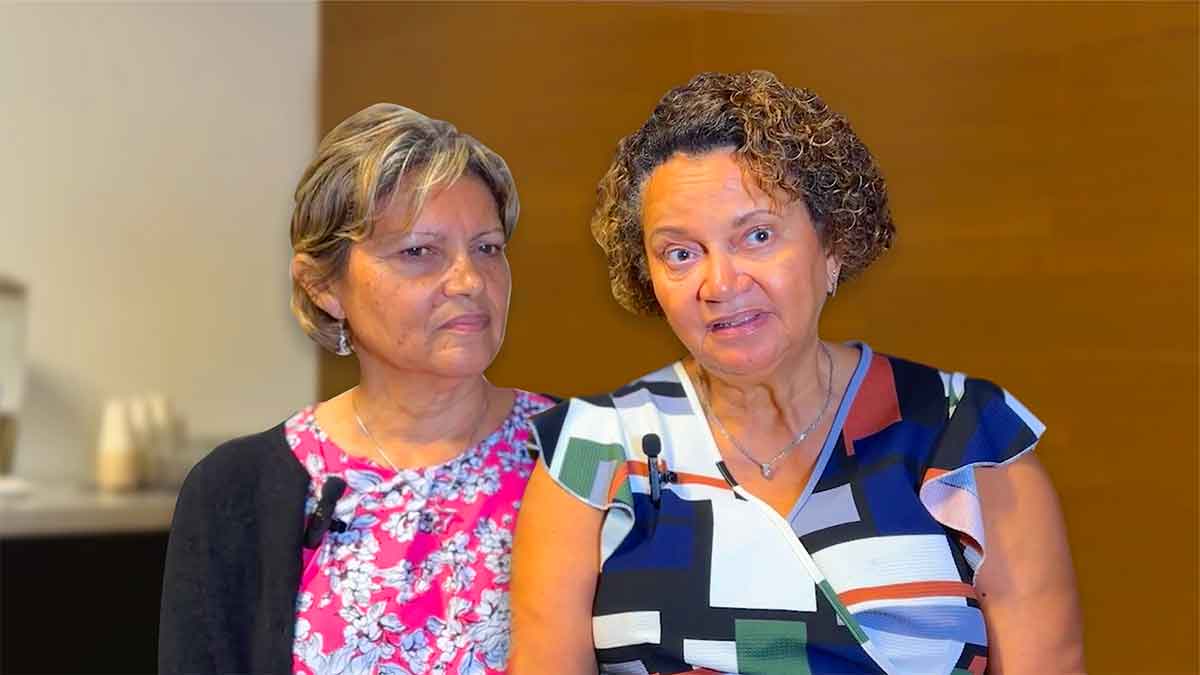- Resources
- News
-
-
Get Email Updates
Sign up for STOP's emails and never miss an update on our latest work and the tobacco industry's activity.
-
Get Funding
Ready to tackle industry interference? You could be eligible for a grant.
-
Share a Tip
Do you have information on tobacco industry misconduct in your country? Let us know.
-
Get Email Updates
Sabotaging Policy
September 10, 2019

STOP Tobacco Industry Watchdog Warns of Tobacco Company Efforts to Influence the UN Agenda
New York (September 10, 2019) — An international group of 142 non-governmental organizations (NGOs) and individuals from 42 countries—organized through STOP (Stopping Tobacco Organizations and Products), a global tobacco industry watchdog—petitioned every member and observer at the United Nations General Assembly to refrain from accepting money, establishing partnerships, or attending events that involve tobacco industry entities. STOP cautioned against the tobacco industry’s efforts to ingratiate themselves to delegates in an effort to influence UN policy making.
The request comes two months after the former head of the UN’s Geneva office—as one of his final actions in an official capacity—requested that the UN reconsider the exclusion of tobacco entities from its work on achieving the 2030 Agenda for Sustainable Development. In fact, any work conducted by the UN or its members in partnership with tobacco interests would lead to a direct violation of the World Health Organization Framework Convention on Tobacco Control, a global treaty.
“UN delegations risk being complicit in tobacco-related deaths if they allow the industry to influence UN policy making,” said Bungon Ritthiphakdee, Executive Director of Global Center for Good Governance on Tobacco Control and a partner in STOP. “Tobacco use causes cancer, heart and lung diseases, and other illnesses, and thus undermines all the Sustainable Development Goals.”
According to the letter signed by health advocates around the world:
“Every year, the tobacco industry’s products claim 8 million lives and cause losses worth at least $1.4 trillion, leaving behind a devastating trail of social, economic, environmental and health harms. Partnership with the tobacco industry, therefore, directly contradicts the Sustainable Development Goals, and constitutes a major reversal of the progress achieved towards the attainment of SDG 3 (Healthy Lives); which includes strengthening the implementation of the FCTC, a treaty that requires governments to protect public health from the commercial and vested interests of the tobacco industry (Article 5.3).
The tobacco industry has a long history of operating at the margins of the United Nations to develop influence, from underwriting side events alongside the General Assembly—such as Philip Morris International’s sponsorship of the Concordia Summit—to even appropriating the branding of the 2030 Agenda for Sustainable Development in marketing materials and annual reports. Tobacco companies recently sponsored, through the Transnational Alliance To Combat Illicit Trade, a report on countering illicit trade, which was endorsed by the United Nations Conference on Trade and Development. Several tobacco companies are widely promoting this document and the relationship with UNCTAD despite historic evidence of tobacco companies’ complicity in illicit trade.
“Tobacco lobbying lingers longer than cigarette smoke and ultimately hurts people and economies,” said Rebecca Perl of Vice President of Partnerships and Initiatives at Vital Strategies and a partner in STOP. “Big tobacco works hard to gain access to the United Nations because the standards set in international forums cascade downward to national and local policy.”
Please contact the STOP press office for more information or to speak to a STOP spokesperson.
About STOP (Stopping Tobacco Organizations and Products)
STOP is a global tobacco industry watchdog whose mission is to expose the tobacco industry strategies and tactics that undermine public health. STOP is a partnership between The Tobacco Control Research Group at the University of Bath, The Global Center for Good Governance in Tobacco Control, The Union and Vital Strategies. Learn more at exposetobacco.org.
Notes to Editors
Text of the letter sent to UN delegates, including list of signatories can be found below.


